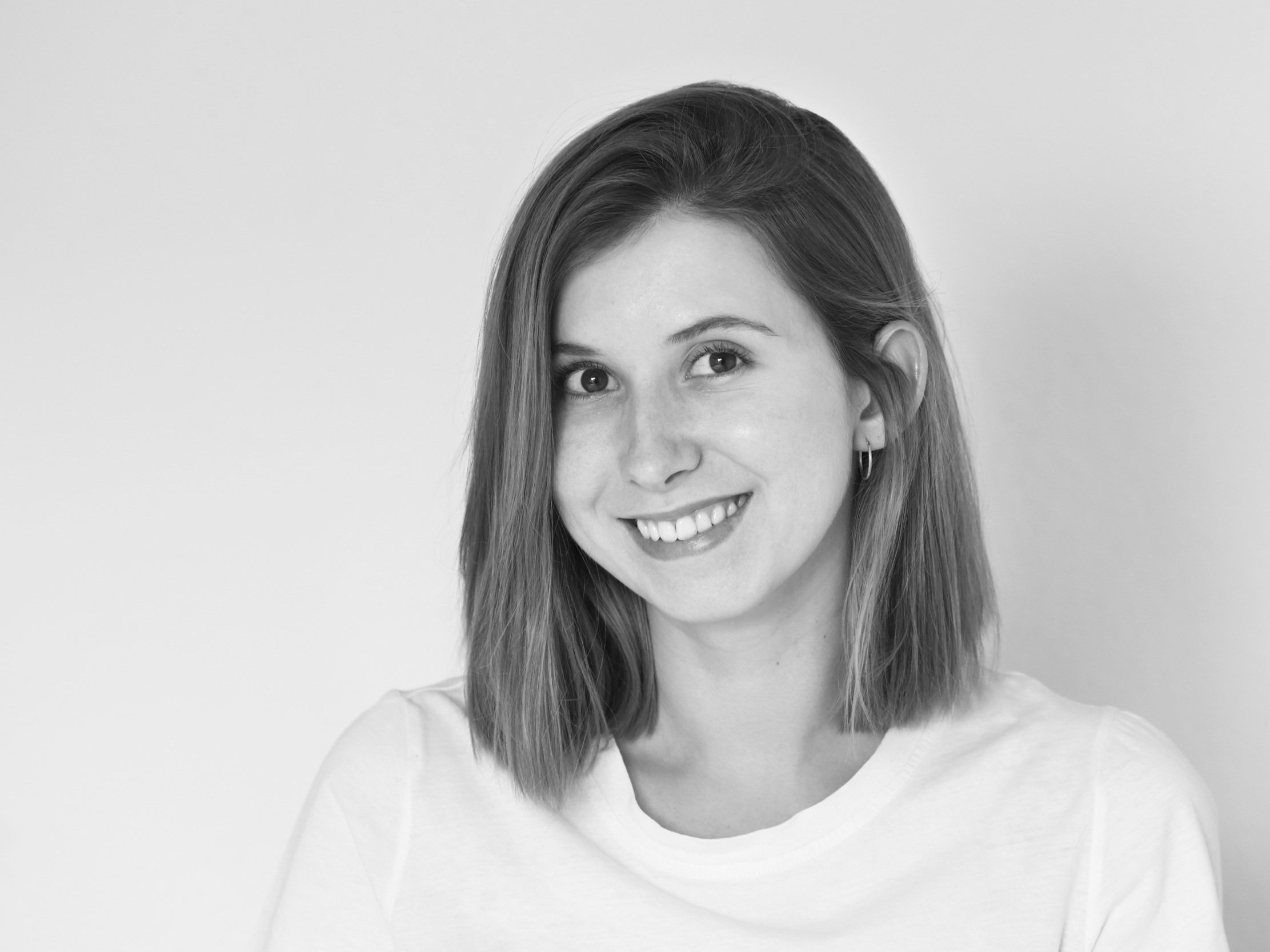hylo tech is a design and technology team developing self-shaping manufacturing technology driven by the intrinsic, shape-shifting, hygroscopic nature of wood materials. We use computational design and patented fabrication methods to explore new functionality in wood construction ranging from self-shaping furniture to lightweight, load bearing, curved building components. Our ethos lies in utilizing the ecological aspects of the materials we build with for simplicity and performance.
We currently aim for a direct offering of unique furniture pieces complimented with design, development and production services for innovative high curvature semi-finished wood products.
hylo
a prefix of the Greek word hule , meaning first “wood” and latter “matter”
for example hylozoism -a point of view that all matter is alive
tech
technological
curious? get in touch
wood@hylo.tech
hylo tech TGU
TTI GmbH
Nobelstraße 15, 70569 Stuttgart
Germany
team
Laura Kiesewetter
co-founder
Dylan Wood
co-founder
-
co-founder
Laura is a research associate at the Institute for Computational Design and Construction (ICD) at the University of Stuttgart. She holds a Bachelor of Science in Architecture and Urban Planning, as well as a Master of Science from the Integrative Technologies and Architectural Design Research (ITECH) program at the University of Stuttgart. During her studies, she worked for architecture and façade practices in Stuttgart and London. Her research focuses on advanced computational design and construction technologies of novel material systems and their integration in the built environment..
-
co-founder
Dylan leads the Material Programming Research Group at the Institute for Computational Design and Construction at the University of Stuttgart. His research is focused on developing intelligent design and fabrication principles for 'smart' shape-changing materials as a form of material robotics that can be applied in building systems, construction, and manufacturing. In the past he has worked extensively with partners at the ETH, Zurich, EMPA, Dübendorf, and the Physical Intelligence Department at the Max Plank Institute for Physical Systems, Stuttgart. His current doctoral research on self-shaping wood building components was funded by the Swiss Commission for Technology and Innovation (CTI / KTI), and the Getty Foundation’s GettyLab. He holds Doctorate of Engineering and MSc. with distinction from the University of Stuttgart, and a B.Arch, from the University of Southern California. Professionally he has worked as an expert in digital design and fabrication in both Germany and the USA.



